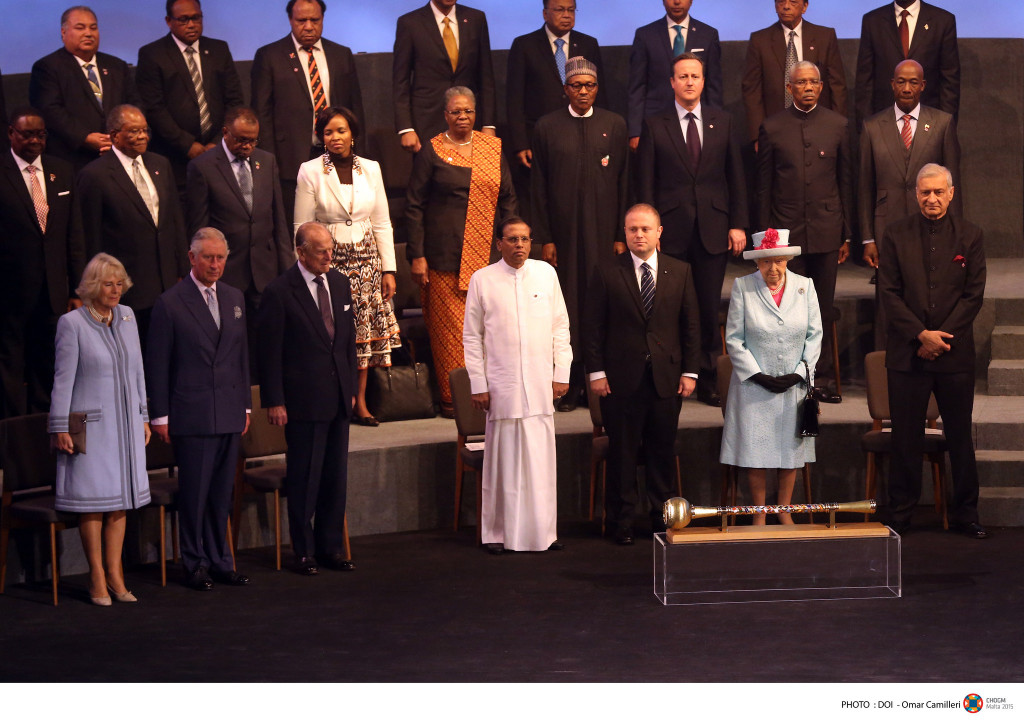By Sue Onslow, Senior Research Fellow, ICwS
By voting to leave the European Union, Britain’s future relationship with its fellow Commonwealth members has assumed both a greater significance and a greater degree of uncertainty.
Before the poll, the uniform message from the other leaders of the 53-member association had been a desire for Britain to remain a member of the EU. To the Commonwealth, Britain was a powerful and privileged member within the EU trading bloc, with considerable opportunities for diplomatic leverage in broader Commonwealth interests.
But unlike their political leaders, Commonwealth citizens in Britain who were entitled to vote in the referendum (the approximate number varied between 890,000 and 960,000) were by no means a monolithic bloc supporting the Remain camp.

